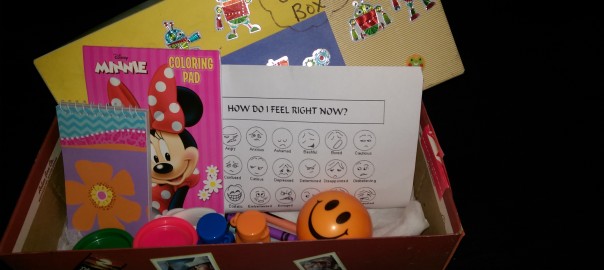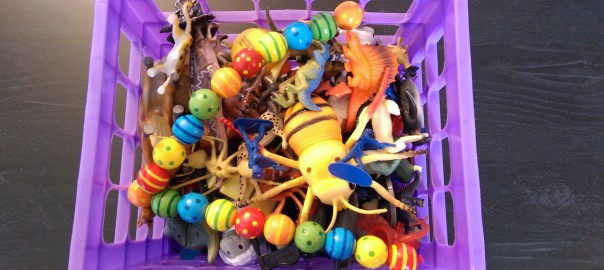If you’ve been following my series on self care, you already know that I believe self care is really important! Lately, I’ve been thinking about how we can teach children about the benefits of self care from an early age and set a strong foundation that will help them prioritize self care as they get older.
Self care is defined as purposeful action that an individual takes to ensure their well-being. Well-being can include; emotional health, mental health, physical health, and spiritual health. When our children are young, we support our children in achieving well-being in each of these areas, but as our children get older they will become more independent and need to have the skills to ensure their own well being.









